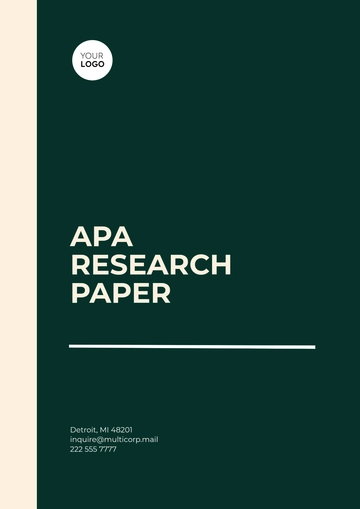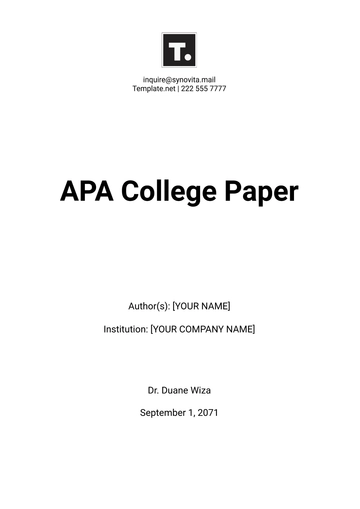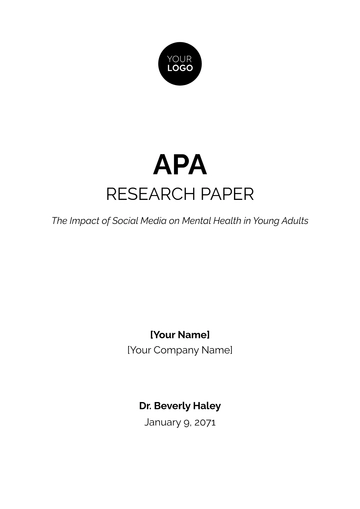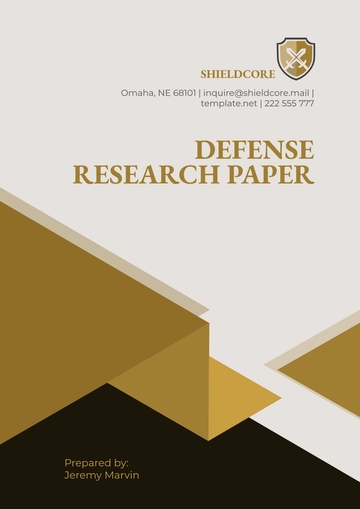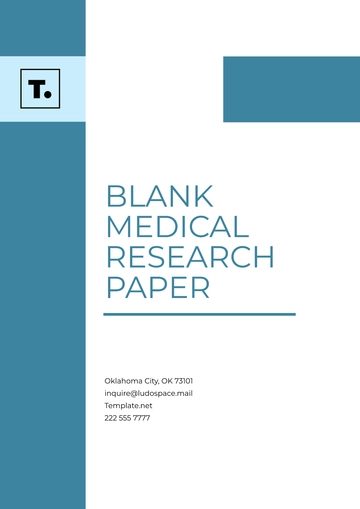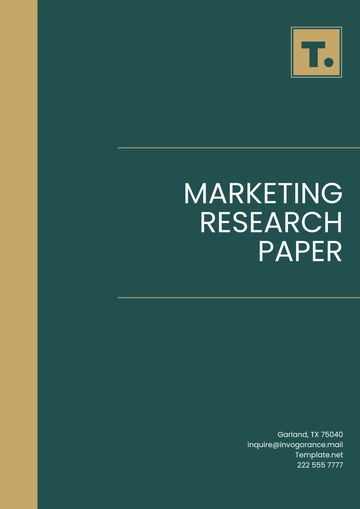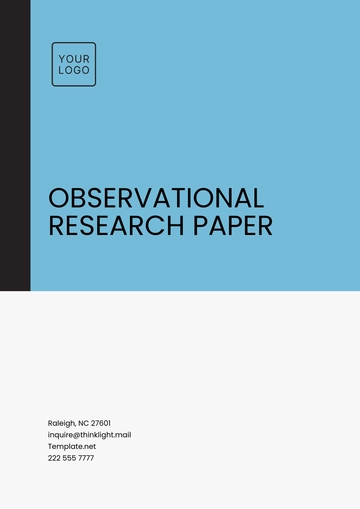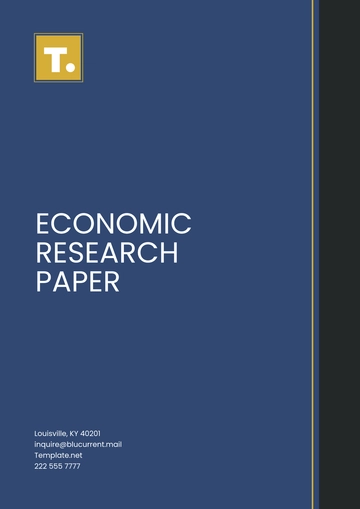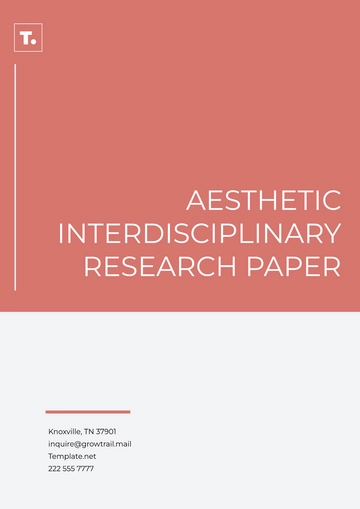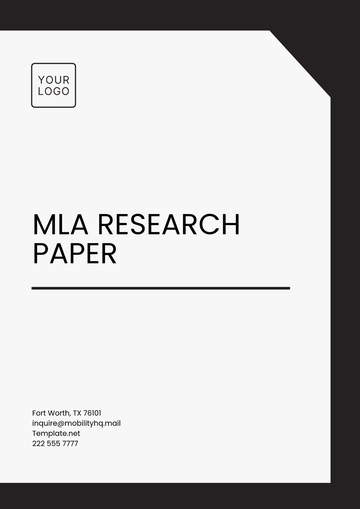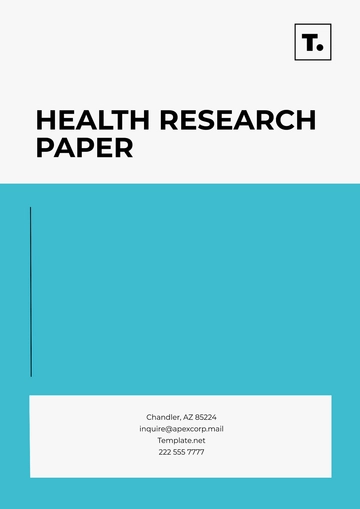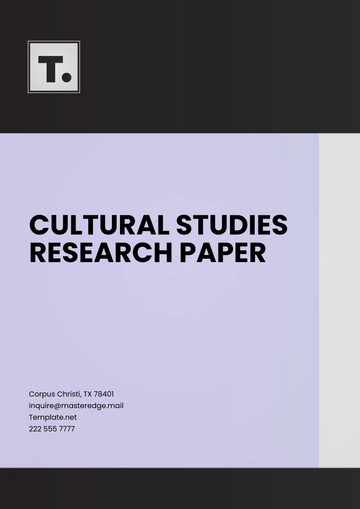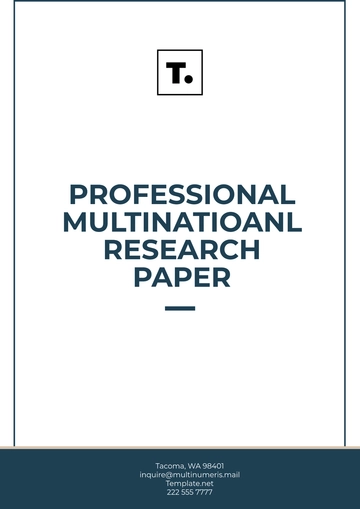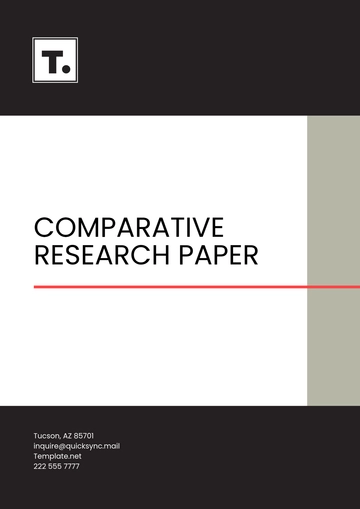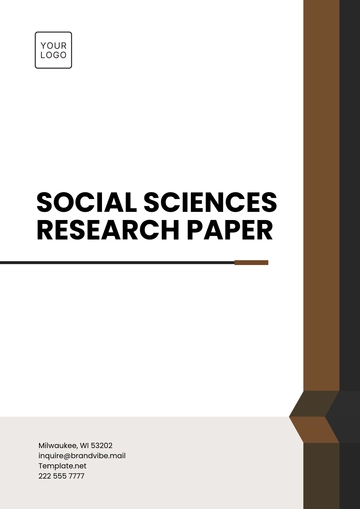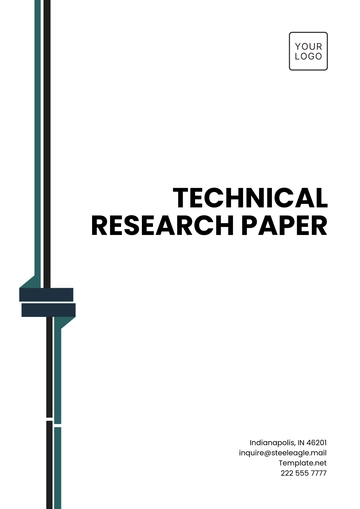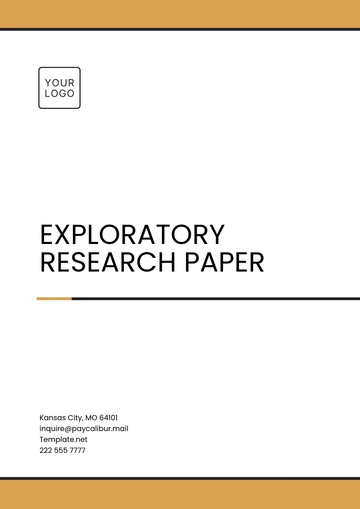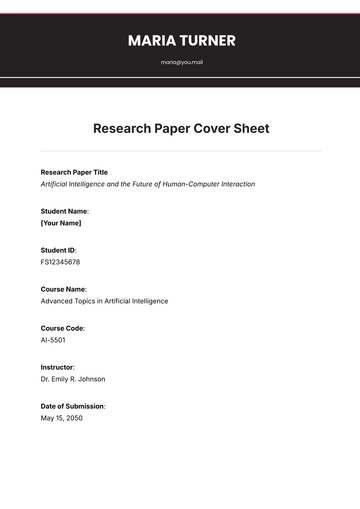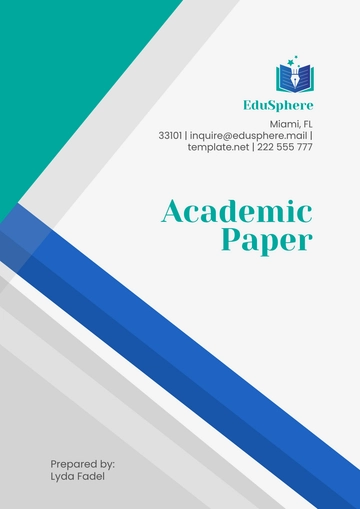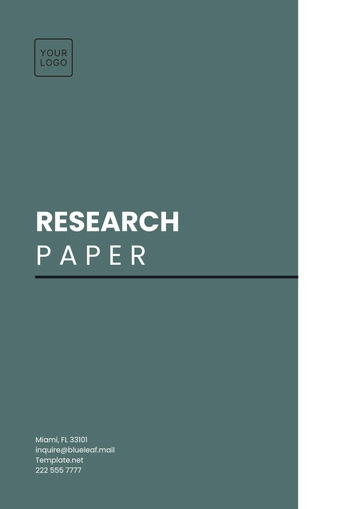Free Experimental Research Paper
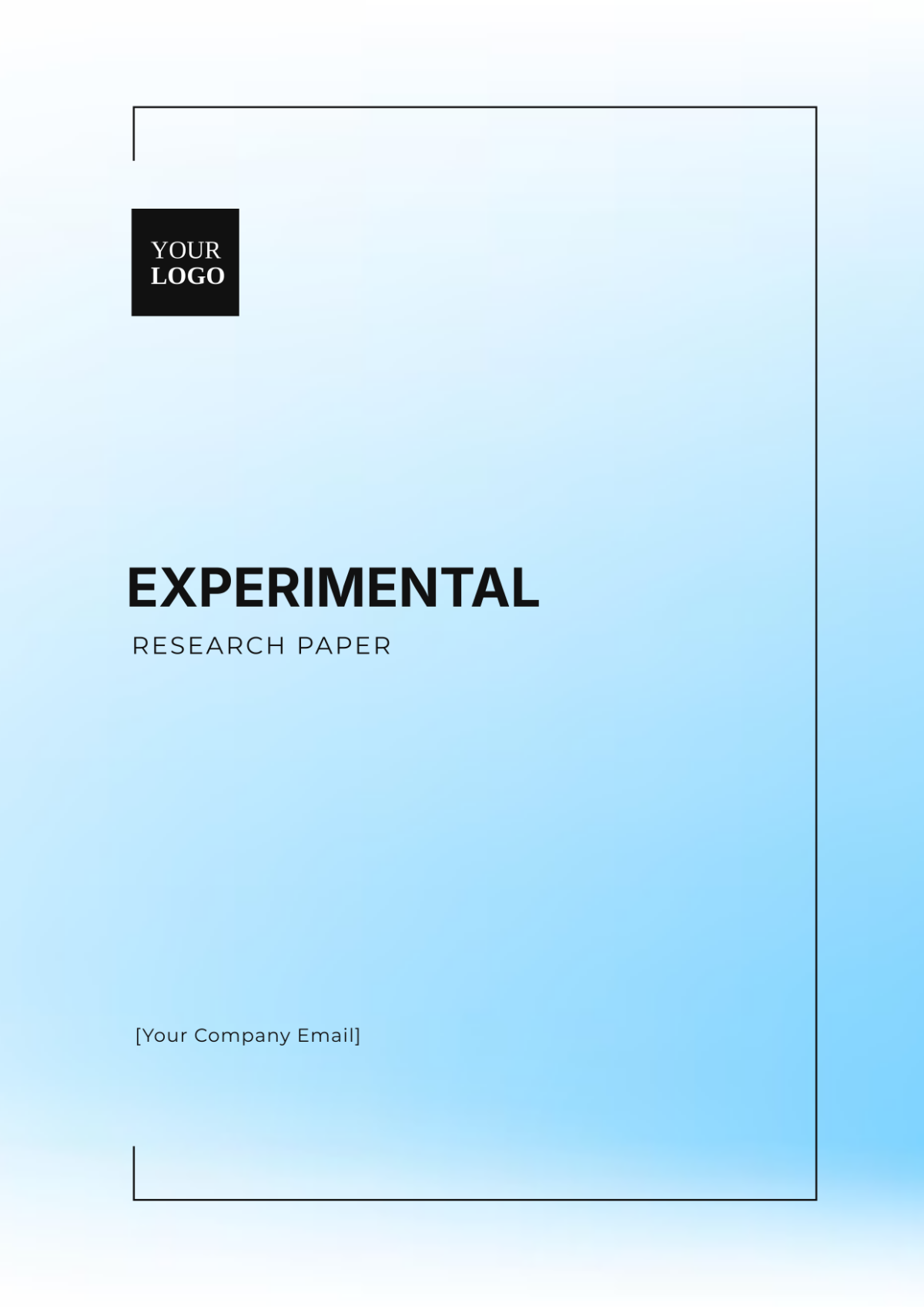
Prepared By: [Your Name]
I. Introduction
Educational improvement remains a vital focus for institutions seeking to enhance learning outcomes. With the rapid advancements in technology and pedagogical theories, the adoption and assessment of new teaching methods and educational tools are pivotal. This research aims to evaluate the effectiveness and practicality of these innovations in contemporary educational settings.
II. Methodology
The study employs a mixed-methods approach to gather quantitative data from standardized test scores and qualitative data from teacher and student surveys. A comparative analysis is conducted between traditional teaching methods and new instructional techniques or tools.
III. New Teaching Methods
Recent pedagogical theories have introduced several new teaching methods designed to foster deeper understanding and engagement among students.
Flipped Classroom: Students watch lecture materials at home and engage in hands-on activities in class.
Project-Based Learning (PBL): Students learn by actively engaging in real-world and personally meaningful projects.
Gamification: The use of game elements to boost student engagement and motivation in learning activities.
IV. Educational Tools
Innovative educational tools have been developed to complement new teaching methods, each with unique features aimed at enhancing the learning experience.
Learning Management Systems (LMS): Platforms such as Moodle and Canvas that facilitate online learning and resource management.
Educational Apps: Applications like Kahoot! and Duolingo that make learning interactive and fun.
Virtual Reality (VR): Immersive simulations that can provide practical experiences in virtual environments.
V. Assessment of New Methods and Tools
The effectiveness of new teaching methods and educational tools can be assessed through various metrics.
Student performance in standardized tests.
Engagement levels are measured via attendance and participation.
Feedback from teacher and student surveys.
Long-term retention of knowledge.
VI. Results
Method/Tool | Student Performance | Engagement Levels | Long-term Retention |
|---|---|---|---|
Flipped Classroom | 85% | 90% | 80% |
Project-Based Learning | 88% | 85% | 85% |
Gamification | 80% | 95% | 75% |
Learning Management Systems | 75% | 70% | 78% |
Educational Apps | 82% | 88% | 80% |
Virtual Reality | 90% | 92% | 85% |
VII. Discussion
The analysis indicates that new teaching methods and educational tools lead to substantial improvements in student engagement and performance. Specifically, flipped classrooms and gamification show promising results in boosting student participation, while VR appears to significantly enhance long-term retention. However, some methods require substantial investment and training for educators.
VIII. Conclusion
In conclusion, the integration of innovative teaching methods and educational tools offers considerable potential for educational improvement. Ongoing assessment and adaptive strategies are crucial to effectively implement these innovations in various educational contexts.
References
Allen, I. E., & Seaman, J. (2050). Digital learning compass: Distance education enrollment report 2051. Babson Survey Research Group.
Bell, S. (2052). Project‐based learning for the 21st century: Skills for the future. The Clearing House: A Journal of Educational Strategies, Issues and Ideas.
Herreid, C. F., & Schiller, N. A. (2055). Case studies and the flipped classroom. Journal of College Science Teaching.
Mayo, M. J. (2056). Video games: A route to large-scale STEM education? Science.
- 100% Customizable, free editor
- Access 1 Million+ Templates, photo’s & graphics
- Download or share as a template
- Click and replace photos, graphics, text, backgrounds
- Resize, crop, AI write & more
- Access advanced editor
Conduct rigorous scientific studies with Template.net's Experimental Research Paper Template. Fully customizable and editable in our Ai Editor Tool, this template provides a detailed structure for documenting experiments and results. Perfect for tailoring your research paper to meet specific academic or professional requirements.
